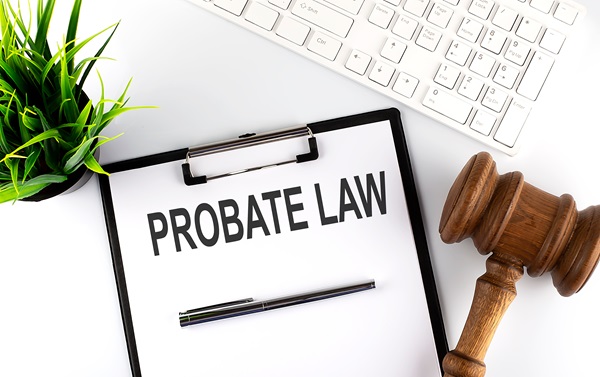
For many homeowners in South Florida, ensuring their property transfers smoothly to their loved ones is a top priority. Yet without proper estate planning, a home can become entangled in Florida’s probate system – an often lengthy, public, and costly legal process. Probate can create unnecessary financial burdens and delays for beneficiaries, making it essential to take the right steps to avoid it.
While there are several legal strategies to bypass probate, successfully implementing them requires careful planning and legal precision. Errors in estate planning can undermine these efforts and lead to disputes, court intervention, or even the unintended loss of property. Working with an experienced South Florida estate planning lawyer helps ensure that these pitfalls are avoided. Here are some of the most common mistakes homeowners make, how they happen, and how to prevent them.
Common estate planning errors that lead to probate
Failing to properly title property: A common mistake is assuming that simply adding a co-owner to a property title is enough to avoid probate. However, Florida law recognizes different types of property ownership, and the wrong designation can lead to unintended consequences.
- How it happens: A homeowner may add an adult child or family member to the deed without specifying joint tenancy with rights of survivorship or tenancy by the entirety (for married couples). If the title remains in tenancy in common, the deceased owner’s share must go through probate before it can be transferred.
- How to avoid it: Work with an estate attorney to ensure property is titled correctly. Joint ownership with survivorship rights allows the property to pass automatically to the surviving owner.
Not funding a revocable living trust: A revocable living trust is one of the best ways to avoid probate, but a common error occurs when homeowners create the trust but fail to transfer their property into it.
- How it happens: The trust is established, but the homeowner never executes a new deed transferring the home’s ownership to the trust. Since the property remains in their name at the time of death, it must go through probate.
- How to avoid it: After setting up a trust, legally transfer real estate into it by executing and recording a new deed. Regularly review the trust with an attorney to ensure all intended assets are included.
Failing to name or update beneficiaries: Beneficiary designations allow certain assets – like bank accounts and life insurance policies – to bypass probate. However, real estate does not automatically follow these rules unless proper steps are taken.
- How it happens: Homeowners may fail to set up a transfer-on-death (TOD) or Lady Bird deed, or they forget to update beneficiary designations after a major life event such as marriage, divorce, or the birth of a child. If the estate is the default beneficiary, probate becomes necessary.
- How to avoid it: Work with an attorney to establish a Lady Bird deed (enhanced life estate deed), which allows a property to pass to beneficiaries upon death without probate. Additionally, regularly update all beneficiary designations to reflect current wishes.
Relying on a simple will instead of a comprehensive plan: While a will is a useful estate planning tool, it does not avoid probate – it simply directs how assets should be distributed through by the probate court.
- How it happens: Many homeowners assume that a will alone will prevent probate or that their family can handle property transfers informally. However, Florida law requires estates above a certain value to go through probate, and a will does not override this requirement.
- How to avoid it: A revocable living trust, joint ownership, Lady Bird deed, or TOD designation are more effective ways to avoid probate. Consulting with an estate planning lawyer ensures that the right combination of tools is in place.
Not considering debts and taxes: Failing to account for outstanding debts and tax liabilities can complicate the estate process and potentially force property into probate.
- How it happens: A homeowner may leave a house to a beneficiary without considering mortgages, property taxes, or liens. If the beneficiary is unable to pay these obligations, the home may have to be sold through probate court to settle debts.
- How to avoid it: Work with an attorney to assess potential financial burdens and create a plan that includes sufficient liquid assets or life insurance policies to cover debts and taxes.
Protecting your estate with The Levy Firm PLLC
Mistakes in estate planning can be costly, stressful, and time-consuming for loved ones you leave behind. Avoiding probate requires careful planning, precise legal documentation, and ongoing review of property titles, trusts, and beneficiary designations.
The Levy Firm PLLC helps South Florida homeowners protect their assets and ensure a seamless transfer of property without unnecessary legal battles. Boca Raton probate litigation attorney Geoff Levy provides personalized guidance to develop a solid estate plan that minimizes risks and maximizes asset protection.
For trusted legal support in avoiding probate, contact us today for a free, confidential consultation.
